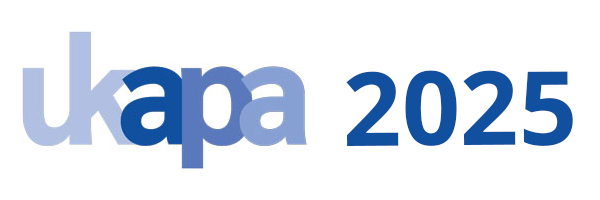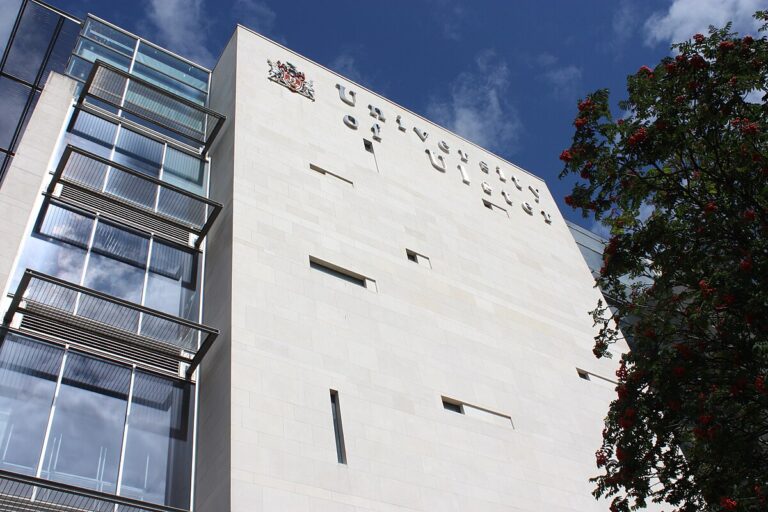Building on last year’s inaugural conference which considered the future of public services, this year’s theme is ‘The Future of Public Administration’. With governments around the world wrestling with stagnant economic growth and rising public expectations, while approaching the limits of public toleration for higher taxation, the resulting fiscal stress poses serious challenges in terms of the size, scope and funding of the state, and of publicly provided goods, services and welfare. Environmental pressures, sustainability concerns, demographic change and rapidly evolving technological capabilities, combine to exacerbate these intense pressures on governments, policy makers and public administrators. Therefore, those actors are being tasked with developing innovative ways of providing public services within ever tighter public budgets. Public provision in many states is at a crossroads, with previous longstanding commitments to universalism susceptible to calls for more affordable but selective governmental interventions.
The changing global landscape demands a renewed conversation between academics, policy makers and practitioners to examine how best to meet the challenges of our age. Governments everywhere are obliged to examine the breadth of their operations, considering radical measures in terms of the form, function, finance and staffing of the public sector, if the most vulnerable in society are to be protected, in ways that do not undermine incentives and economic vitality, nor alienate public sector workforces. These pressures afflict not only the advanced and most affluent of economies but span the globe. For industrialising states and those at dissimilar stages of economic development, particularly those experiencing conflict or post-conflict, while particular local pressures differ, there is a shared if not greater need to address global challenges relating to the environment, resources, demography, and technology. In all instances, how do public sectors innovate and adapt to their circumstances, both those specific to them and more global in nature, working more effectively with stake holders to harness and deploy optimally available resources?
In addition, and closer to home, the ongoing retrenchment with job cuts and course consolidation in the UK higher education sector may well pose questions over ‘The Future of Public Administration’ in universities. Hence, we will be seeking to have a frank dialogue about the impact of these developments.
This two-day conference provides a space for academics, researchers, doctoral students and practitioners to discuss the future of public administration. The multi-disciplinary nature of the event will provide opportunities for colleagues from the various dimensions of public administration (and allied subjects) to connect and engage in open dialogue and vigorous debate.


